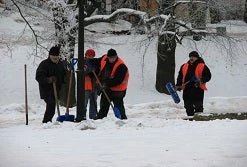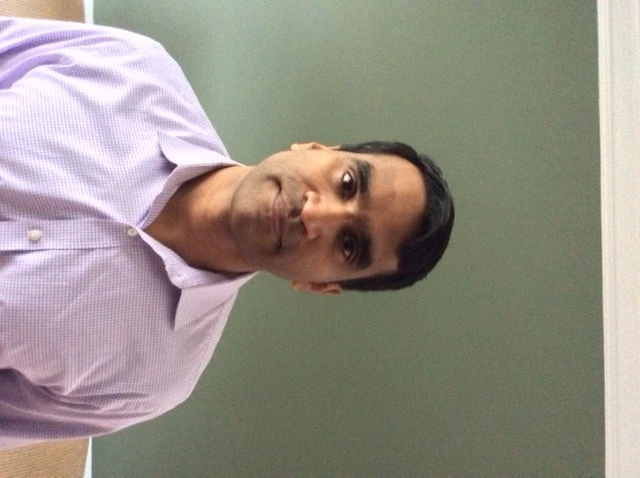
This is the story of how Latvia successfully cushioned the inevitable blow--to at least some workers--through a World Bank-supported public works program.
The government launched a new public works program, known as Workplaces with Stipends (WWS). The WWS program created temporary employment (small infrastructure, cleaning parks, elderly care, social services) for people who were unemployed but were ineligible for unemployment benefits, thereby strengthening the weak social safety net. The World Bank helped design the program through just-in-time technical assistance, provided finance through two $286 million Development Policy Operations, and partnered with the IMF and the European Commission.
There was no way the government could afford to help all the unemployed. They faced a stark choice: help many workers earn a small stipend or help fewer in a more substantial manner. They choose to focus on the poorest unemployed workers. In order to do so, they had to set wage rates that were lower than the binding minimum wage—this helped the program separate workers who were able to find work in the market from those who could not find work and hence needed help. Low wages also dissuaded better-off people from applying—and helped keep the program’s long waiting list more manageable.
The low wage rates were controversial. Unions opposed them, arguing that the crisis was a time of great need for all Latvians. In turn, the government countered that the job crisis required a more targeted approach and that a bigger package would be unaffordable.
How successful was Latvia at targeting the poor? A new impact evaluation done by a Bank team shows that the program was very successful. Almost 83 percent of Latvia's public works beneficiaries were in the bottom quintile and 96 percent of public works beneficiaries were in the bottom 40 percent. For safety nets aficionados, that’s about as good as targeting performance gets.
The program increased household income by 37 percent, which was crucial during the crisis. But, as with any public works program, about a third of income was foregone income, because beneficiaries had to spend time earning their stipend.
The WWS program also had other controversies during the early stages. Two controversies were particularly interesting. First, some critics pointed out that public works programs were only used in low income countries and were inappropriate for middle- and high-income countries. This argument, however, is false: Argentina, Botswana, Chile, El Salvador, Mexico, Poland, Sri Lanka, South Africa, and Uruguay (see book) have all implemented public works during crises, as did the United States during the Great Depression under the New Deal. Second, some argued that the public works program (which was intended to be temporary) would become a permanent part of the Latvian safety net system because it would create many vested interests. This also proved false: by end-2011 (less than 2.5 years after implementing the program) the WWS program was completely dismantled.
Therefore, the Government of Latvia demonstrated that a public works program can be deployed nationally, targeted well, have the desired impact on families, and have minimal distortions on the labor market. Public works does not replace the need for more comprehensive risk management, but when facing a sudden job crisis, labor-intensive public works can create a viable and timely complement to other forms of social protection.
There is also a lesson here about the value of evaluation. Design of the Latvia program was guided by Argentina’s experience with a similar program in the late 1990s—which had been evaluated and documented, and was hence available to the team advising Latvia. This points to the value of impact evaluation in fostering knowledge transfer—as the Bank Group is also trying to promote in its science of delivery.



Join the Conversation